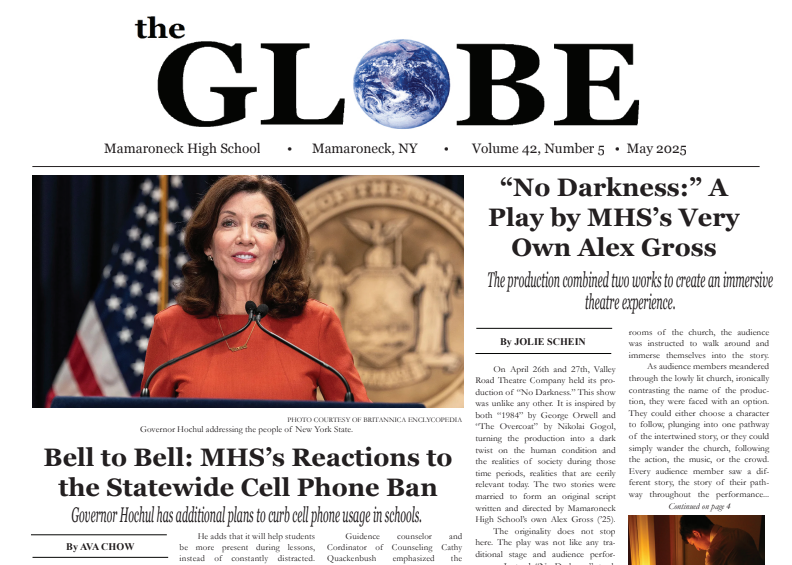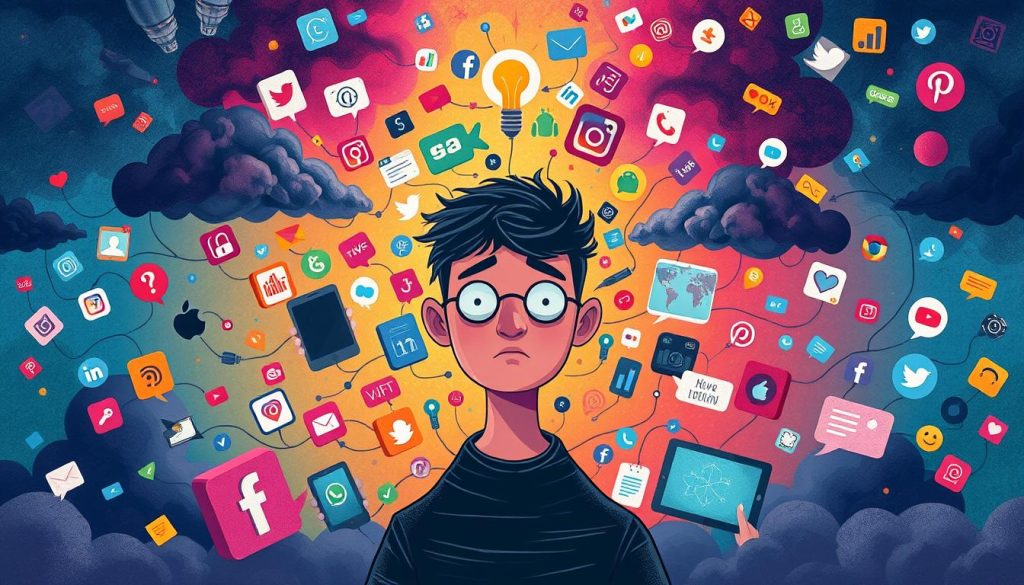How Zoom Classes Affect Students’ Mental Health
November 11, 2020
We know that the school is doing everything it can to keep online school running as smoothly as possible, but are Zoom classes helping or hurting the mental health of our students? USA Today reported a study that found in March, when students switched to remote learning, many students dealt with emotional trauma, economic hardships, erratic sleep schedules, and little motivation, which can lead to depression. They also found that nearly one in three parents say their child is experiencing emotional or mental harm due to online school (Richards). Many teachers have tried to emphasize the importance of mental health in their classes, but is it enough? I spoke with a few students on how their mental health has been affected by online school.
Catherine Gelber (‘22) says that she has been able to establish a healthy routine for online school days. “One thing that I’m really trying to do is disconnecting from school, either doing a volunteer activity, exercising, or something where my frustrations from school are released before I go down and focus on my work. And then I do about an hour-two hours of work before dinner, then I take a little break from dinner to have some family time and then I work until about 10:30 every single night. Then I read for about half an hour. That half an hour helps me really wind down from the day.”
Anna McDonald (‘22) has a different take. “On Zoom, it’s just really stressful for me. It’s really hard to pay attention and it’s a lot harder to learn things.” Gelber also mentioned how sitting in front of a screen all day can hurt her mental health. “I’m on screens so much of the day that I can’t sleep as easily because I’m used to staring into a screen.”
Arden McHugh Fluet (‘21) agrees that there are both pros and cons to Zoom classes. When asked if this has affected her stress surrounding college applications she answered, “No, not really. I honestly think it would be just as stressful if we were in school normally.” But she also mentioned that it’s been hard to get a feel for the colleges she wants to apply to since most campuses are closed.
What about those students who are fully remote? One remote student, Jillian Thurston (‘22), says that she feels like she’s missing out. When asked what she misses the most she replied “the people. Also just making memories and talking to teachers and, like, physically being in the school. […] At school I can participate in events and I can do hobbies that I love like PACE and I can go to clubs and talk to more people and just being in class and having that real school experience that I’m so used to and I’ve always loved my whole life.” She decided to stay fully remote this fall to spend more time with her family and to make the transition easier should we have to resort to fully remote school as a district. She says that online school in the fall has been a tough transition, saying that there is “still some stress about it because there’s a fear of lack of communication with teachers” and it can be difficult forming a connection with them.
There will never be a perfect online school solution that works well for every student, but everyone is doing the best they can to adjust. While some students are more stressed with the course load and feel like it’s harder to pay attention on zoom, others appreciate the in-person socialization of the fifty-percent model. Hopefully, we can get school back to normal as soon as possible. As Thurston put it, “I didn’t realize how much I actually loved school, and although I have a lot more control over my schedule [at home], I would rather give that up to be at school again.”





